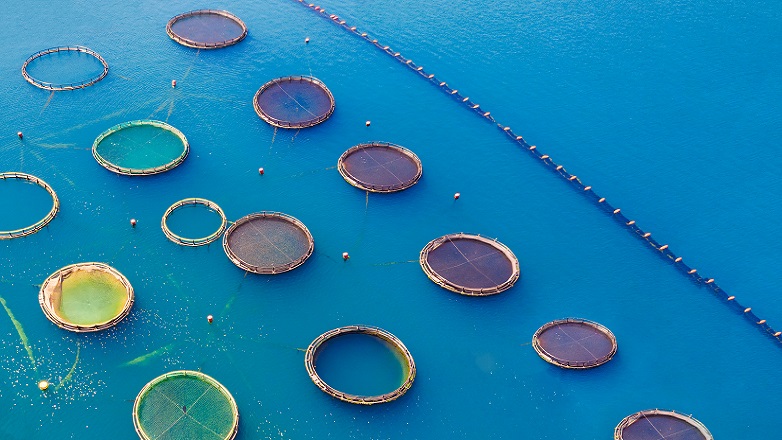International Collaboration in the Defence & Security Sector
The current geopolitical situation, with ongoing wars in Europe and the Middle East and growing tensions in the Indo-Pacific region, is leading to increased defence spending in many countries around the world. It is also driving a continued focus on international collaborations and alliances.
The trilateral AUKUS defence and security partnership was entered into between the United Kingdom, the United States and Australia in September 2021. Pillar 1 of the pact paves the way for an Australian conventionally armed, nuclear-powered submarine capability. It was announced in March 2023 that this would take the form of SSN-AUKUS – a trilaterally developed submarine based on the United Kingdom’s next-generation design that incorporates technology from all three nations, including cutting-edge US submarine technologies. Australia and the United Kingdom will operate SSN-AUKUS as their submarine of the future. The programme is expected to contribute vastly to the defence sector, with BAE Systems winning a £3.95 billion contract to build the new generation of submarines as part of the AUKUS pact. The past year has also seen further progress on AUKUS Pillar 2: advanced capabilities – including the first AUKUS AI and autonomy trial.
There was further cementing of international collaboration in December 2023 when Japan, Britain and Italy entered into a treaty on the establishment of a joint organisation to develop a new advanced jet fighter (known as the Global Combat Air Programme), with these countries pushing to strengthen cooperation in the face of growing threats. Meanwhile, the Future Combat Air System programme has seen Germany, France and Spain form a collaboration centred around the development of a core Next Generation Weapon System and a ‘system of systems’ web of connected platforms.
Finally, the Nordic region is focusing on its own scale-up of defence agreements, with Denmark, Finland and Sweden all signing agreements in late 2023 that will allow US soldiers and military equipment to be based on their respective soil to improve defence systems while the war in Ukraine continues and the threat from bordering Russia persists. Finland also joined NATO in 2023, and while Sweden’s application stalled, it too may soon become a NATO member. Continued expansion in NATO’s membership underlines its role as the foundation of collective security in the Euro-Atlantic region.
The above are just some examples of the substantial growth in international alliances, reflecting an emerging new world order in defence and geopolitics. Even in a post-Brexit and more polarised, factious world, countries are aware that global threats cannot be dealt with, nor the storm of conflicts weathered, alone.
Our international defence and security team have worked with Lexology on the publication of Lexology Panoramic: Defence & Security Procurement. The team has written the global overview, the France, Germany, Italy, Poland, UK, Denmark, Sweden, Hungary and Australia chapters and Mark Leach and Will Bryson are contributing editors for the publication. All content on the hub is reproduced with permission from Law Business Research Ltd and was first published in Lexology Panoramic. For further information please visit: https://www.lexology.com/panoramic




